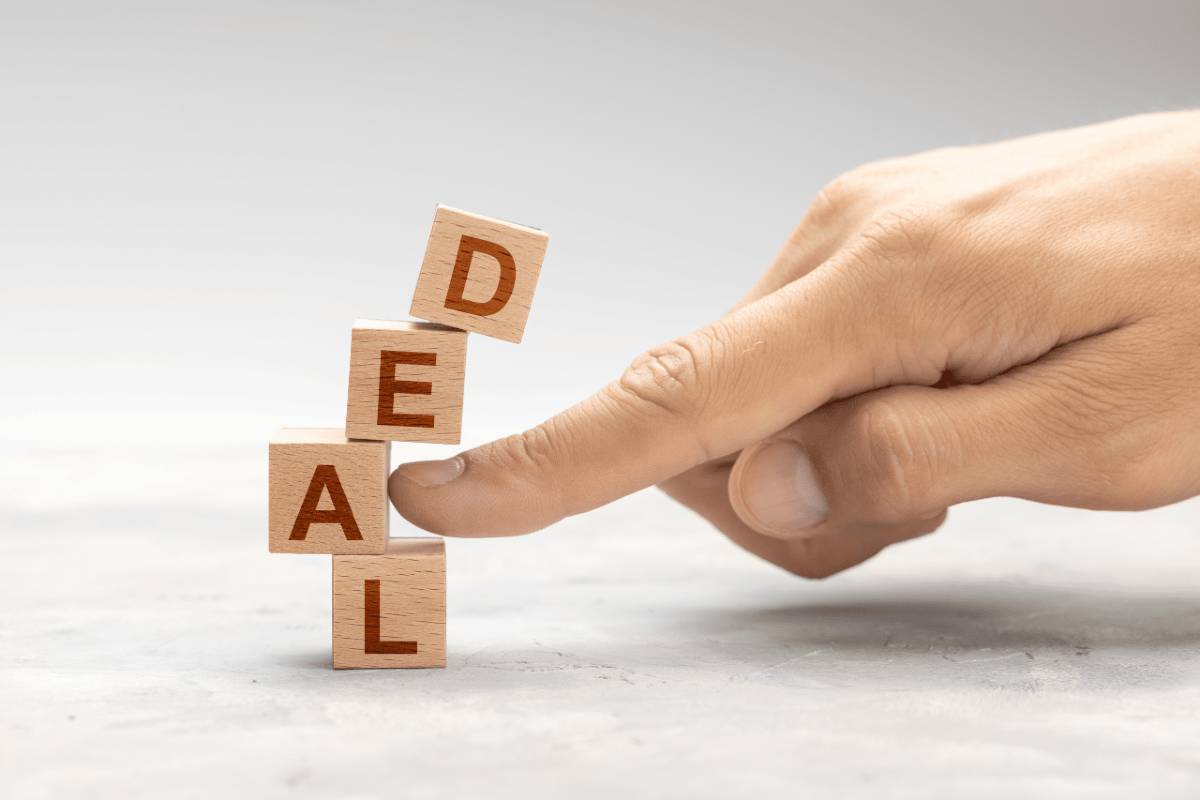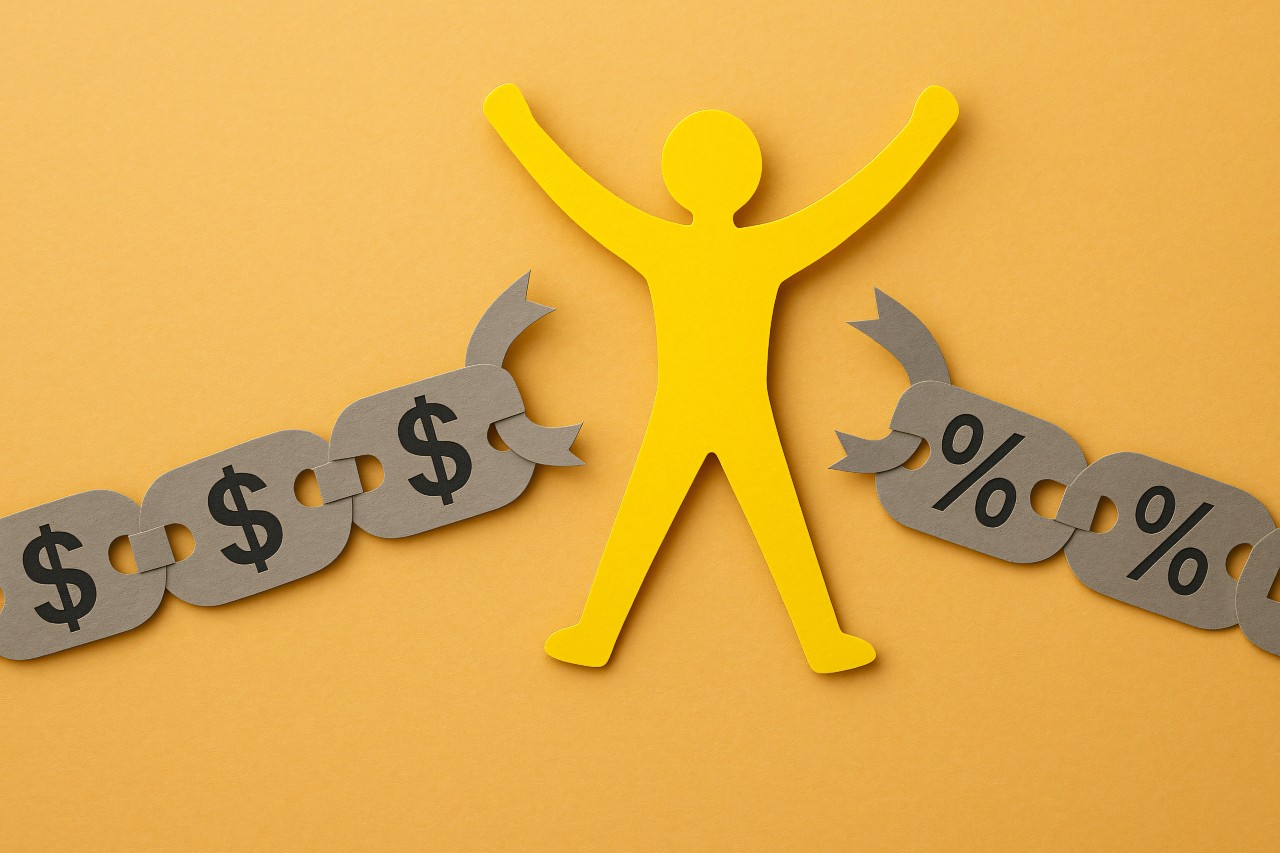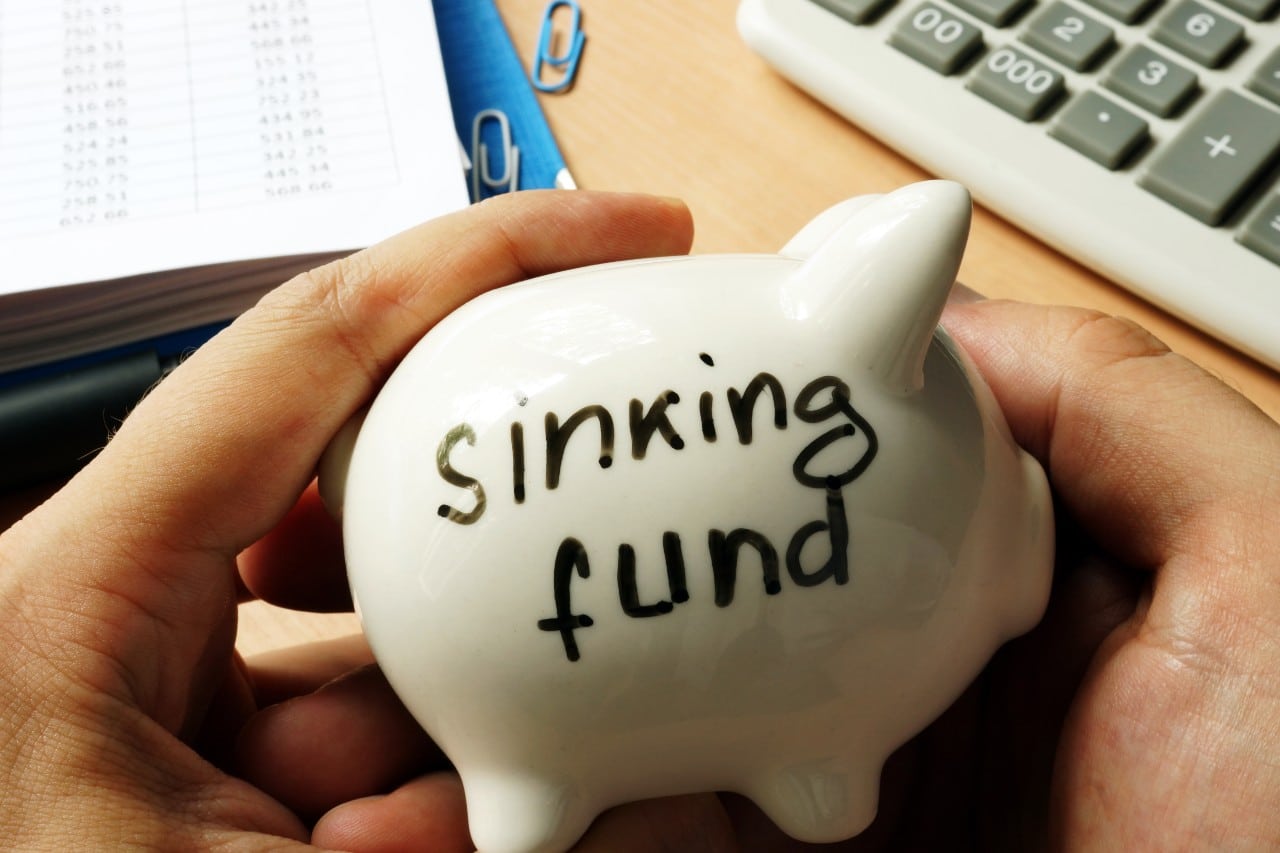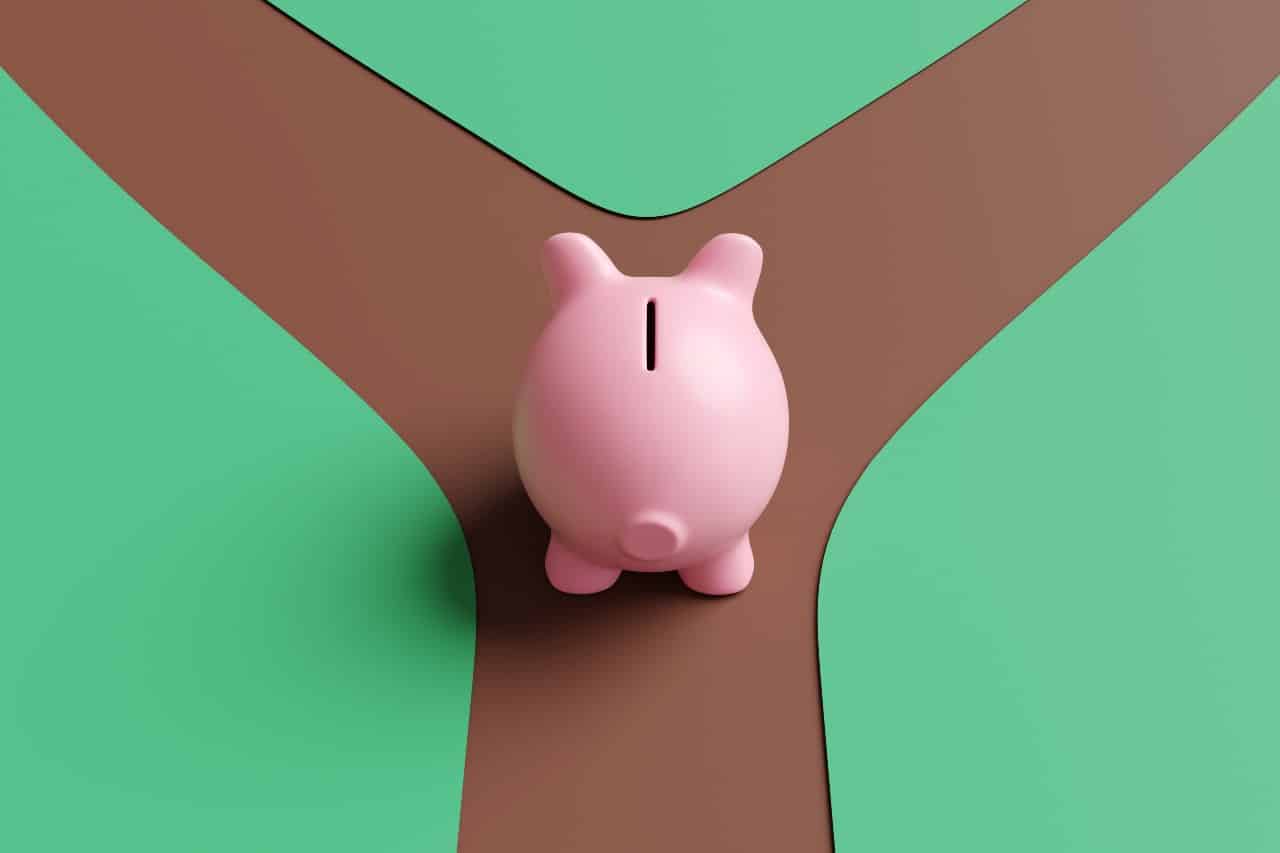A good deal is hard to resist. It’s like winning at retail therapy. Sometimes, good deals are an illusion. How do you know if a ”good deal” is actually a raw deal in disguise? Fortunately, there are some red flags in those red tags that can alert you to potentially higher prices.
Anchoring – The Psychology of the Sale Price
Anchoring uses your previous information and expectations. Subconsciously, as soon as you expect the price of an item to be $X, you have “anchored” a fixed reference point. So, whenever you see big sales with great prices, all they need to be is less than $X.
What if the original price is hogwash? What happens if a big box store, department store, or online retailer anchors higher prices in your brain? You might be surprised how often prices increase right before Cyber Monday, Major Home, or Black Friday sales. Then, when the sale price of an item drops, the price tag looks like a great price.
Anchoring by raising the price of an item doesn’t just happen before the sales. Most sales show retail prices beside the current sale prices. You consider that difference to be what you are saving. Yet, when that isn’t the real price of an item, even a Black Friday sale can turn into a raw deal.
It happens more often than you think. Log in to your favourite online retailer and check. Look at the price tags in the grocery store. Showing retail prices beside sale prices brings out buyers’ cash and credit cards.
Anchoring has an emotional and psychological effect on buyers, even when you know it’s happening.
Common Deals – Good Deal or Raw Deal?
Buy 2, Get 1 Free
BOGOs (Buy One Get One) are great deals (unless the price anchor is doubled.) BOGOs are by their nature, 50% off, which is worth considering. On the other hand, Buy 2, Get 1 Free is only 33% off. Before spending your hard-earned money, ask yourself, would you buy three at 33% off?
As hard as it is to resist the “free” part, it’s better to look at it as a math question. For some items, 25% discounts are good prices, but if you have to buy 4 (as in Buy 3, Get 1 free) it may be less appealing.
Online Sales
Good prices for online sales can be deceiving. Especially when you add shipping, even more so if you go with expedited shipping. An online retailer may have an item you want for less, but shipping may make it more expensive than buying locally.
Online Shopping “Free Shipping Over $50”
Many online retailers offer free shipping when you purchase a minimum amount. This is a great idea if you want enough on that website. When that’s not the case, don’t get tricked into buying something for $20 to save $2 in shipping. At the very least, check to see what the shipping charge would be before you decide if free shipping is a good deal or a raw deal.
Memberships to websites that offer free shipping may not be good deals either. A simple calculation will tell you if it’s worth it or not. Take a look at the annual fees. If you plan to pay that much in shipping then go for it. If not, take a pass.
Happy Hour Drinks and Food
Check prices carefully during happy hour. You may find items on the menu not normally offered, often because they anchor higher prices to encourage you to eat and drink more.
Store Loyalty Cards
Dig out your big box, grocery, or drug store loyalty card collection. The ones where you stock up points for store credit, discounts, or other incentives. This is another time to get out your calculator. Many big box stores require spending $500+ to get $5 in return. You’d probably agree that 1% off is a pretty raw deal. You can get a better deal than that just about anywhere.
Membership Discount Programs
Paying for discounts at a big box store, department store or online retailer may be even worse. Get out your calculator again. Prepaying $20 for a 10% discount means you have to spend $200 before you even start to see a payback. If you really like that store, maybe that deal would be worth it to you? Just know what you’re getting into before signing up.
Extended Warranties
An extended warranty is like buying insurance on your item. If you need it, you “win.” If you don’t, you gave the money to the company for nothing. You know they make a profit, so you have to decide your risk tolerance. Statistically speaking though, you’re paying for nothing. To help you decide, think about the item itself. Does it have a lot of moving or delicate parts? How difficult would it be to fix it yourself? How expensive was it? For example, an extended warranty on a second-hand car is probably a good deal. On the other hand, getting it for a set of headphones would probably turn out to be a raw deal.
Going-Out-of-Business Sales
Most going-out-of-business sales are a sham. A large liquidation company buys the merchandise before the sale even starts. They “anchor” the prices up, and then drop the prices on the items to make them look like good deals. Then, nothing is returnable or guaranteed.
Ways to Avoid A Raw Deal
Great deals do exist, so here are three ways to avoid being duped.
Cross-Reference – Check the price of an item at a department store, online retailer, and big box store. Also, check the manufacturer’s website for the suggested retail price.
Anchor for Yourself – Once you find out the regular price of an item, look for a deal. Anything less than 10% off and you can do better somewhere else.
Be Loyal to Companies that Deserve it – If you see a retailer using sketchy pricing policies, find another place to buy – permanently. A company doesn’t change their pricing policies from one item to the next.
Conclusion
Be a savvy shopper by keeping the idea that a “good deal”, might be a raw deal in disguise tucked away in the back of your mind. Then, before pulling out your credit card, do a little investigation to find out if what the company is saying is just too good to be true.
If this information is a little too late, and you need help paying down debt, Debt.ca is the solution. Here, you get the support and resources you need to get out of debt. Ready to take control of your finances? Connect with one of our experts today.





